Introduction to Carbon Testing Machines
Carbon testing machines are essential instruments in the realm of material analysis and quality control. These devices are specifically engineered to assess the carbon content in various materials, which is a critical parameter in numerous industrial processes. The analysis of carbon content is pivotal for sectors such as metallurgy, manufacturing, and environmental monitoring, ensuring that materials meet the required standards and specifications.
Types and Applications
The versatility of carbon testing machines is reflected in their various types, each tailored for different applications. Users can find equipment ranging from portable units for on-site testing to sophisticated laboratory-grade analyzers. These machines serve a crucial role in testing the carbon content in steel and other metals, thereby determining their strength and suitability for specific applications. Additionally, they are employed in environmental studies to measure carbon levels in soil and water, aiding in pollution control and ecological research.
Features and Materials
A carbon testing machine typically boasts features designed to enhance accuracy, repeatability, and ease of use. These include automated sample feeding systems, precise detection technologies like combustion infrared detection, and user-friendly interfaces for data management. The construction of these machines often involves robust materials capable of withstanding the rigors of industrial environments while maintaining the integrity of the testing process.
Advantages of Carbon Testing
Employing a carbon testing machine offers a multitude of advantages. It provides a non-destructive means to ascertain material composition, which is invaluable for quality assurance without compromising the sample. The speed and precision of modern carbon analyzers facilitate rapid decision-making in production and compliance with regulatory standards. Furthermore, the data obtained from these tests can be integral in research and development, driving innovation in material science.
Selection Considerations
When selecting a carbon testing machine, considerations such as the testing environment, sample size, and required precision are paramount. It is essential to choose a machine that aligns with the specific needs of the application, whether it is for high-throughput industrial testing or detailed research analysis. The market offers a range of machines, from those suitable for routine checks to advanced systems for comprehensive analysis.
Integrating Carbon Testing in Operations
Incorporating a carbon testing machine into operations can significantly enhance quality control measures. It is a strategic investment for businesses aiming to ensure their products' performance and compliance. While Alibaba.com facilitates the connection between buyers and a diverse array of suppliers offering these machines, it is advisable to thoroughly evaluate the specifications and capabilities of the equipment to find the most suitable match for your testing requirements.

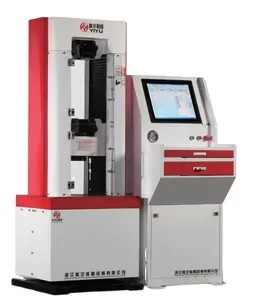




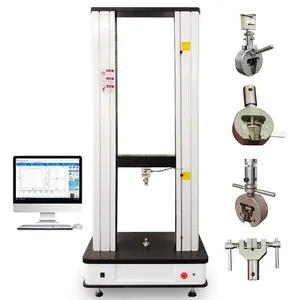


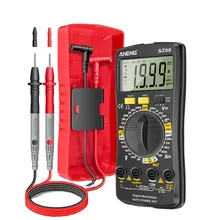


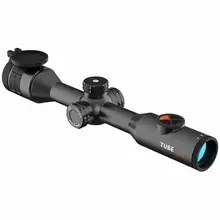



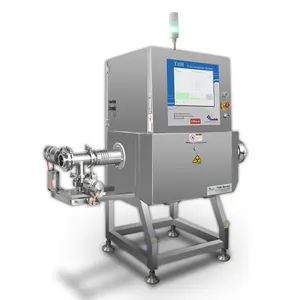













 浙公网安备 33010002000092号
浙公网安备 33010002000092号 浙B2-20120091-4
浙B2-20120091-4